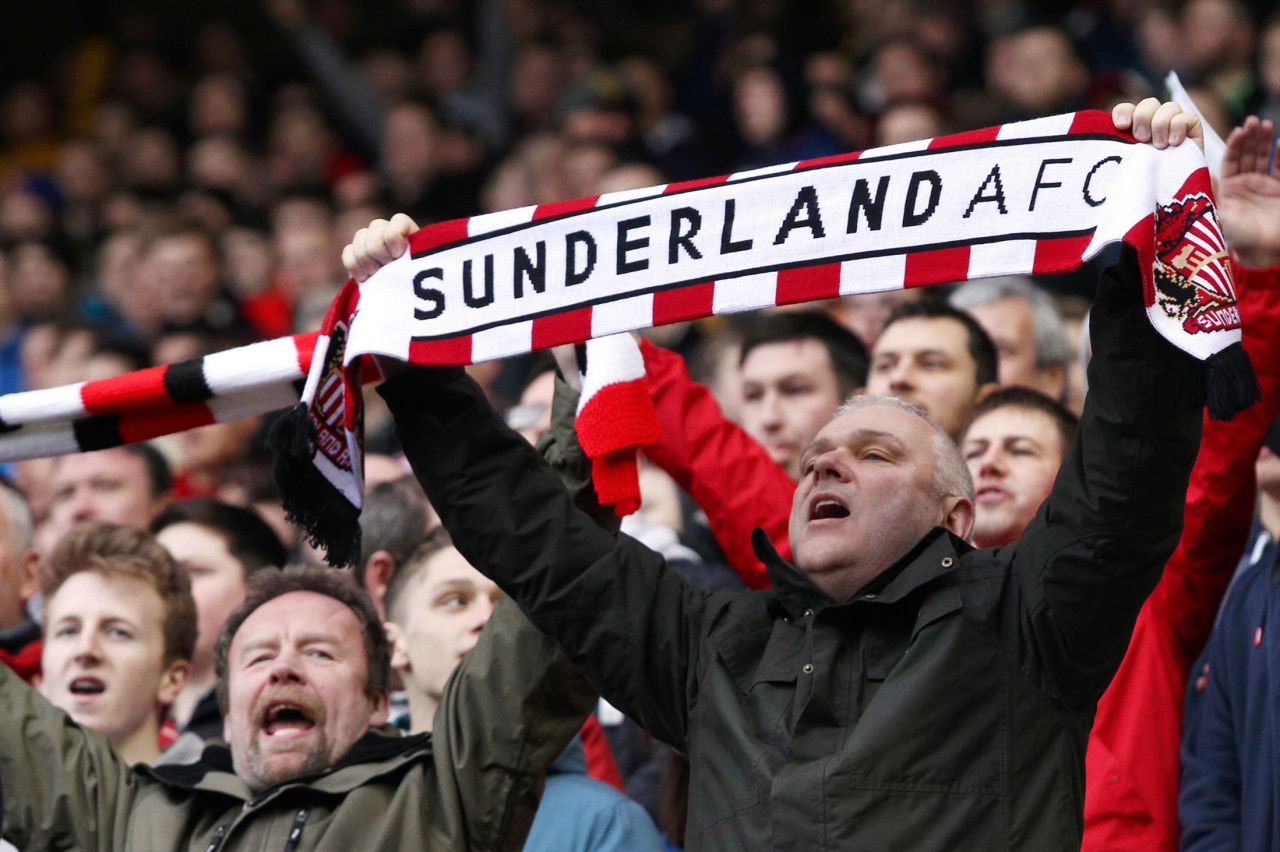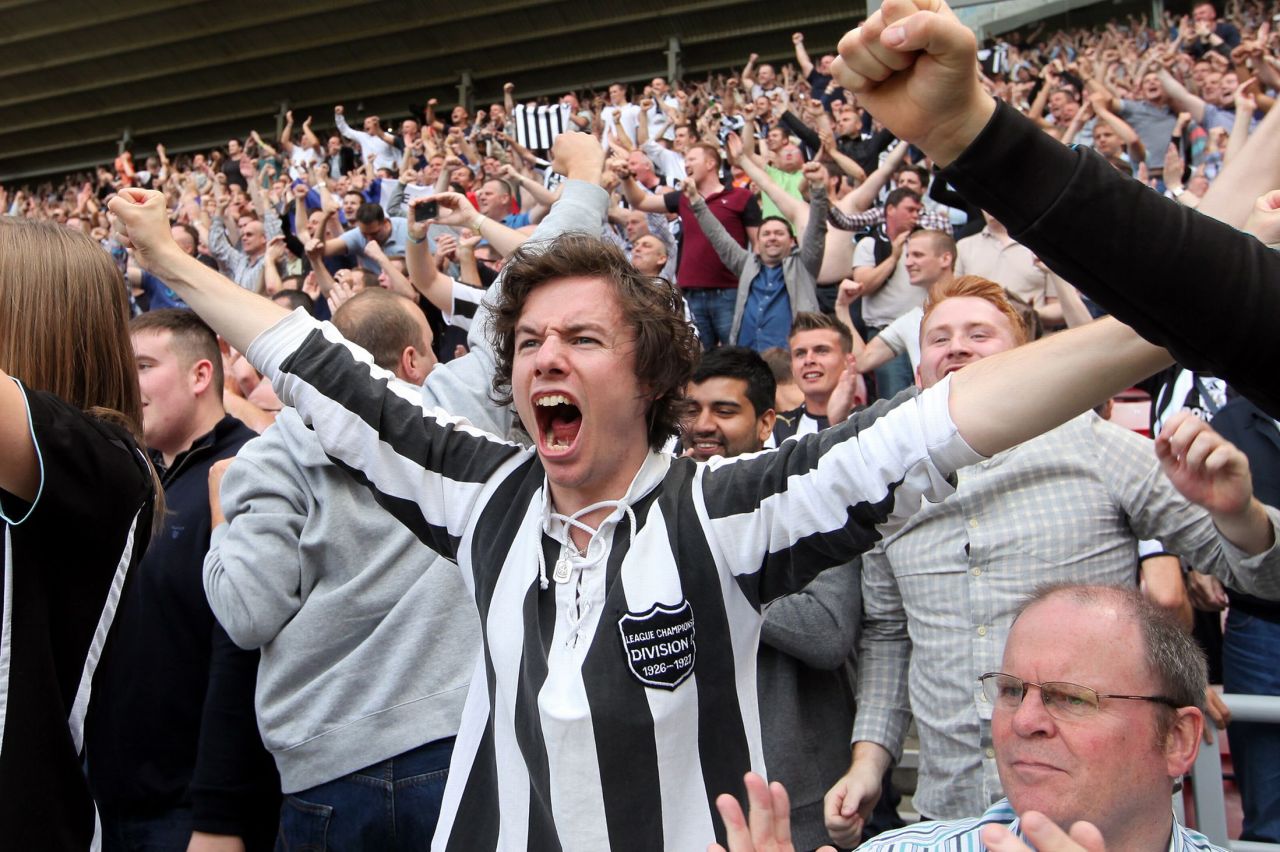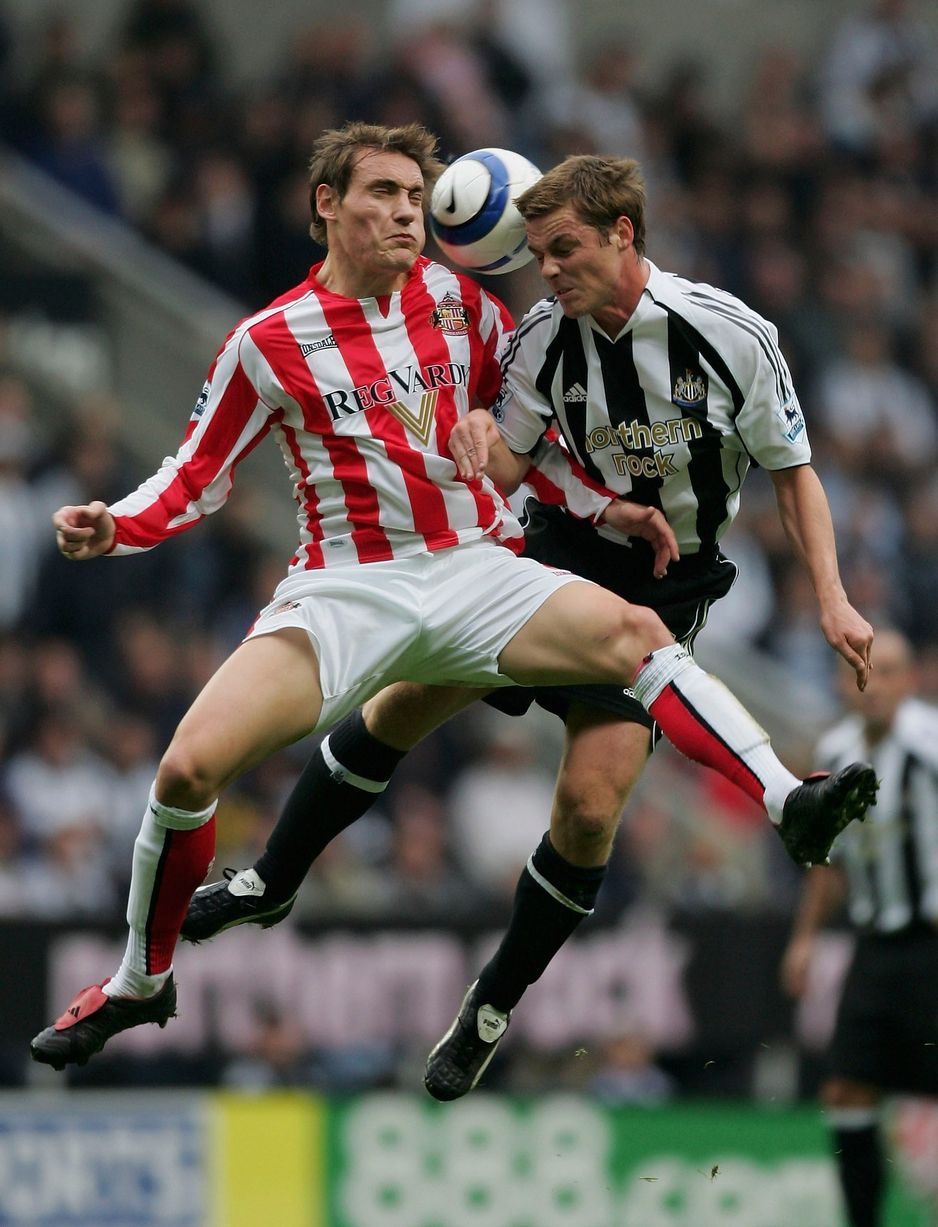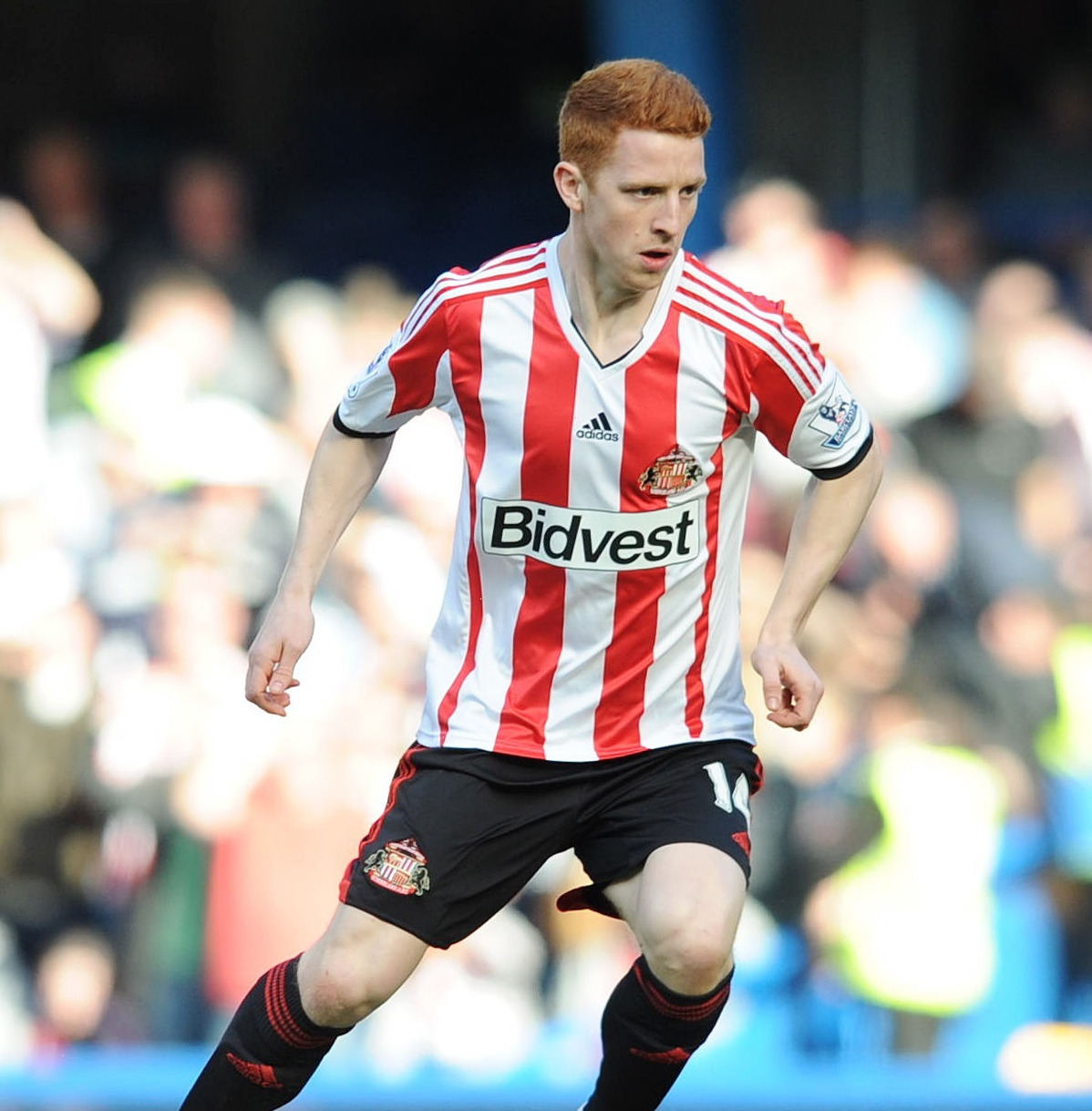The Tyne-Wear Derby
The Tyne-Wear Derby

The Tyne-Wear Derby
Paolo Di Canio is an insatiable reader. The Italian ingests books at a frightening rate, and when he moved to the north east of England to take up the manager’s chair at Sunderland, he made a point of collecting a variety of history books reflecting the local area.
“I like to study the history,” he explained. “[I know] the fact that it started in 1640 in the [English] Civil War.”
The ‘it’ he’s referring to is the Tyne-Wear divide. The Italian was forced to face his first derby fixture in just his second game in charge and thus was eager to understand the very foundations of the rivalry in which he was taking part.
As Di Canio rightly points out, Newcastle and Sunderland’s rivalry is far greater than 90 minutes on a football field. Dating back to the days of the English Civil War, the two parties represented opposite sides, typified by the battle of Bolden Hill where the majority of Roundheads were understood to hail from Sunderland and the King’s Cavaliers were from Newcastle.
More recently, it is claimed to emanate from the shipyards, for which Sunderland was once famous, giving some understanding of the etymology behind their nickname — the “Mackems”.
It’s claimed that the Sunderland dock workers made the ships on the river Wear and thus were referred to as the “Make Thems,“ while the Newcastle workers took them or “Take them” to be fitted on the river Tyne. Thus, the divide known as the ‘Mackems’ and ‘Tackems’.
Regardless of the legitimacy of the folklore, the rivalry is real. Some are more determined in their disdain than others. For 363 days of the year, many Newcastle and Sunderland fans mingle quite pleasantly, living and working together, even playing football. But, in the build-up to the game, whether in Newcastle or Sunderland, battle lines are drawn, jokes are prepared, and it is Sunderland that have had the last laugh of late.
Newcastle once boasted an impressive record against their neighbours, but the Alan Pardew era has conjured just one victory in six attempts and three defeats — two of which occurred rather embarrassingly at home by a score of 3-0.
It has meant that Newcastle are a side seeking revenge, but before the game has even kicked off an important narrative will already be half-written.
The imagery of derby day involves a convoy of buses, high-visibility police jackets, mounted horses, and the whirl of helicopters overhead as fans are escorted to the ground. The traveling pack are ushered out quickly and quietly, be they joyous or despondent. A strong police presence is seen as vital - especially after the disturbing scenes last year which crescendoed in one fan attempting to punch a horse.
That will not be the case on Sunday lunch-time. Police presence will still be strong, but there will be no escort to the ground as both sets of fans will be given an opportunity to mingle and show that their ability to co-exist is year-round. Unsurprisingly, some view it as a recipe for disaster, especially if the home side suffer another heavy loss. Others, however, see it as an opportunity to display the passion north-east football holds in the correct channels and avenues.
In the discussions with fans, Northumbria Police have admitted to contributing to the tense standoffs on match-days. Walls and escorts, they claim, heightened the situation and created a scene eerily reminiscent of films like ‘Green Street’.
Come kick-off, however, there will be more than enough of a spectacle to watch on the field. In the middle of the park is a man that has divided a region in Jack Colback.
Born in Killingworth, North Tyneside — considered Newcastle country — it was long claimed he was black-and-white, something that, at times, was hard to believe of a Sunderland academy graduate that was with the Black Cats since childhood.
Last season, he even put the ball in the back of net and giddily shushed the fans he is now attempting to win over. Some have accepted him. Others refuse, viewing him as the chief instigator in mockery during their darkest hour.
Even Sunderland reminded him of his past when tweeting out confirmation that he had, in fact, agreed a Bosman transfer to nearby Newcastle, posting pictures of a three-fingered gesture alongside Black Cats striker Jozy Altidore. His performance will matter more than most as he attempts to prove once and for all that Newcastle is his club.
Meanwhile, for Altidore, a player who sorely needs a positive performance, the derby was one of his few high points last season. His link-up play troubled Newcastle’s defence and cut them open with the kind of ease that sends nerves jangling and bums to the edge of plastic seats.
This time, another defeat is simply not acceptable to the Newcastle crowd. Opinion on Alan Pardew is largely negative, and a hat-trick of derby defeats at home will spark more DVDs into production and yet more bragging rights shifting to Sunderland.
In recent years, those occasions have gained even more significance with fans. The days where either side might contest the league title are long gone, bar for the sudden emergence of a cash-rich investor. It leaves a cup run as the only real avenue for success, with Sunderland’s chances of making another final appearance anytime soon as likely as a blue moon (if you’ll pardon the pun).
Consequently, a second league table presents itself, where beating your fiercest rival on their own patch becomes an even greater joy — exponentially more-so if you were in the mad traveling pack that crossed the divide on derby day.
Therefore, Sunday promises fireworks in abundance. It always has and always will. However, one hopes it is the kind that amaze and inspire the audiences of the world, rather than the kind which suggest the derby is no more evolved than when the Civil War Roundheads and Cavaliers fought each other on the battlefield.
This piece was written by Kristian Heneage. Check him out on Twitter at @KHeneage. Thoughts and comments below, please.











